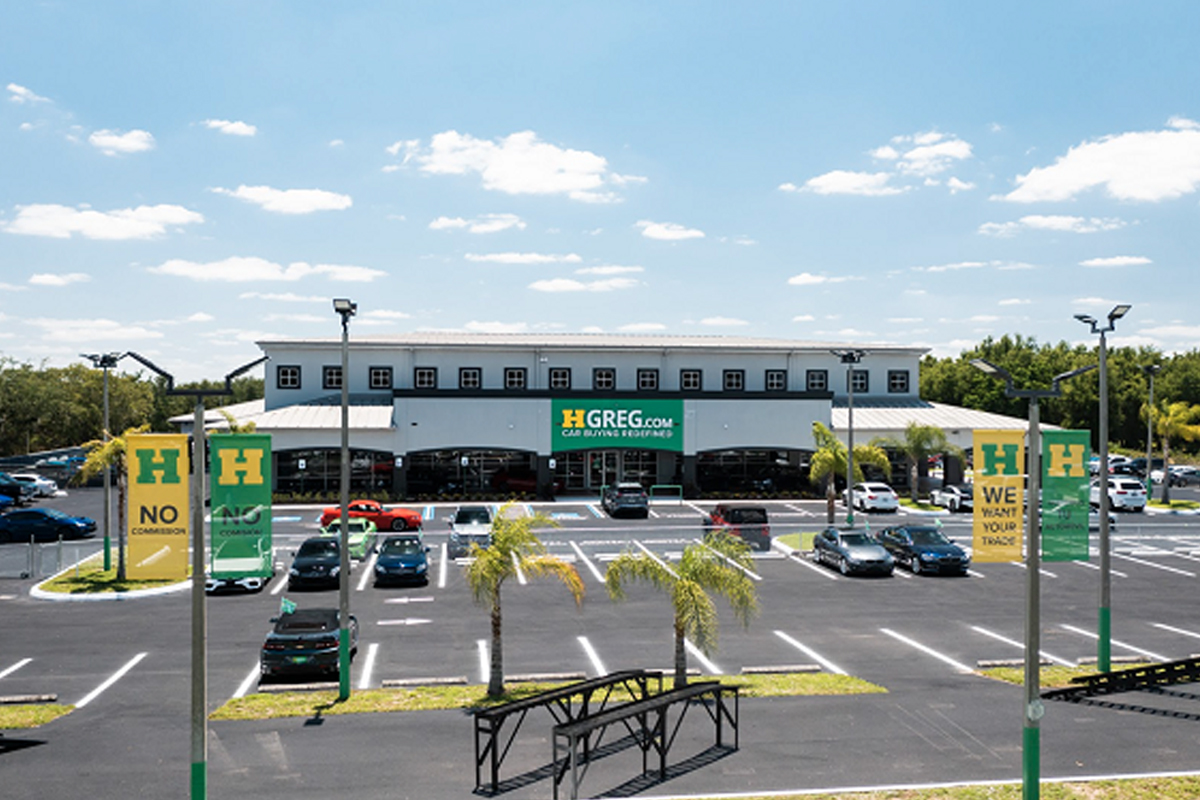Gilbert Santiago, a US Navy veteran, encountered a financial and safety setback after purchasing a pre-owned 2022 Volvo S60 from HGreg, a well-known used car dealership in Brandon, Florida, near Tampa. Santiago’s ordeal, unfortunately, highlights potential pitfalls in buying used vehicles, as he soon found himself burdened with nearly $7,500 in repair costs due to hidden safety issues that HGreg refused to address. This case has raised serious questions regarding the dealership’s responsibility and the risks consumers face when purchasing pre-owned vehicles.
Undisclosed Defects: A Hidden Hazard
Shortly after his purchase, Santiago noticed a critical issue. “The airbag light came on and said drive to the dealership immediately,” he recalled, realising the seriousness of the problem. According to a report by ABC affiliate WFTS-TV, mechanics inspecting Santiago’s Volvo found significant issues with the airbag and seatbelt systems—both essential safety features. As Santiago later discovered, his was not the only case. The station’s investigation revealed that HGreg had previously sold two used Volvo models returned by customers due to undisclosed accident damage, including defective airbags and seatbelts. Shockingly, Santiago’s vehicle was one of these returned cars.
The dealership, per Santiago’s statement, failed to disclose these defects prior to the sale. “It was mind-blowing just to know that they knew this was an issue prior,” he stated. Despite his immediate concerns, HGreg reportedly declined further assistance, insisting that the vehicle had passed their inspection.
Dealer Inspection or Oversight?
When Santiago took his Volvo in for inspection, a technician revealed that the vehicle contained salvaged parts. To address the airbag issue alone, Santiago was advised to replace parts, costing around $6,000. Seeking help from HGreg, Santiago was informed that no additional support could be offered, with the dealership asserting, “It passed their inspection. Nothing was showing that was wrong with it. So there’s nothing they can do.”
Further investigation by WFTS-TV indicated that HGreg had allegedly inspected the airbag system just seventeen days before Santiago’s purchase, raising concerns about the accuracy of these checks. The failure to detect and address a severe safety system issue has spotlighted dealership practices, potentially leaving other buyers at similar risk.
Damaged Safety Features and Costly Repairs
Santiago’s problems extended beyond the airbag replacement. Certified technician Chris Wallin, who conducted a detailed inspection, identified further issues with the vehicle’s seatbelt system. According to Wallin, the seatbelt pretensioner—a device designed to secure seatbelts in the event of a crash—had been tampered with. Wallin explained that rather than replacing the faulty part, someone used a resistor to trick the system into reading it as functional. “What they’ve done is just take a resistor that matches the resistance the pretensioner is supposed to have and just kind of shoved it in that wiring harness to trick it,” Wallin explained. This type of tampering could have fatal consequences.
The cost of repairs for Santiago quickly escalated. Beyond the initial $6,000 in airbag repairs, he needed an additional $1,500 to replace the tampered seatbelt pretensioner. “I hope HGreg takes accountability and pays for some of the damages I had to fix myself,” Santiago expressed, frustrated by the lack of dealership accountability in the matter.
Despite his efforts, Santiago is still waiting for support from HGreg. “They need to be held accountable because we are talking about people’s lives when they’re out there on the road,” he said. The use of salvaged and tampered safety components in the vehicle, coupled with HGreg’s unwillingness to rectify the situation, has underscored the need for stricter consumer protection laws around vehicle sales.
Hidden Costs of Car Ownership
Santiago’s costly repair ordeal brings attention to the often-overlooked expenses tied to car ownership. According to a recent Bankrate study, hidden costs of car ownership in the United States average around $6,684 annually, factoring in essentials like insurance, fuel, maintenance, and taxes. For drivers like Santiago, these unexpected expenses can place a significant strain on finances, particularly when coupled with unforeseen repairs. In states like Georgia, where hidden vehicle expenses reach a national high at $8,249 per year, drivers bear an even heavier burden.
The study also reveals that hidden car ownership costs vary greatly by state, with Illinois aligning closely with the national average at $6,632 annually, and New Hampshire recording the lowest at $4,299. Such figures highlight the broader challenges of car ownership in America and how hidden costs can strain drivers’ budgets.
Calls for Consumer Protections
Santiago’s experience raises critical concerns about dealership practices and reinforces the necessity for greater transparency in vehicle sales. For many consumers, a used car represents a budget-friendly alternative, but the possibility of inheriting concealed problems places them at substantial risk, financially and in terms of safety. Enhanced regulations and stricter dealership accountability could help prevent situations like Santiago’s from occurring in the future.
Until then, consumers are advised to conduct thorough vehicle inspections before finalising a purchase, ideally with the assistance of an independent mechanic. The hidden risks of buying used vehicles, as exemplified by Santiago’s experience, serve as a reminder that while the initial cost of a car might seem manageable, unexpected repair expenses can quickly compound, leaving drivers to bear the consequences of hidden dealership practices.







